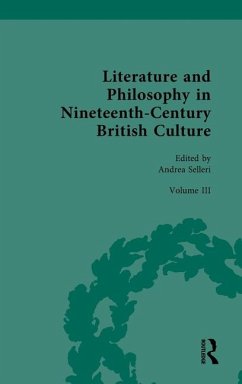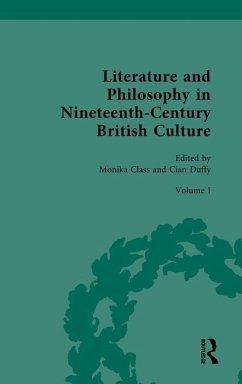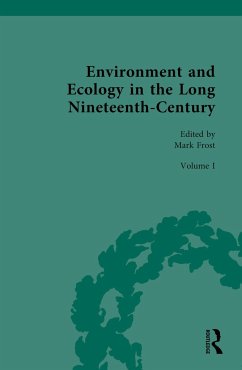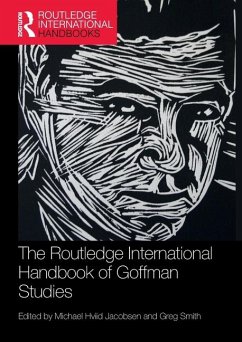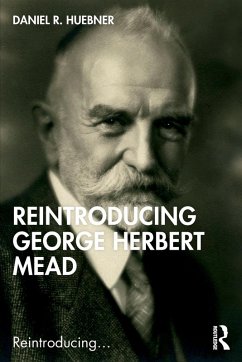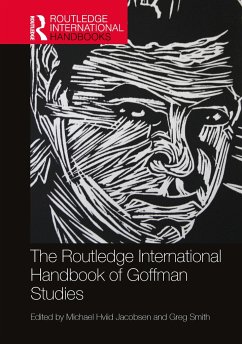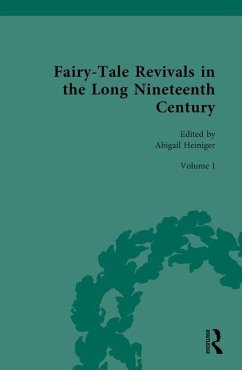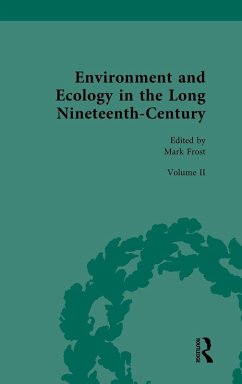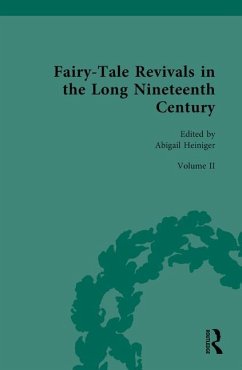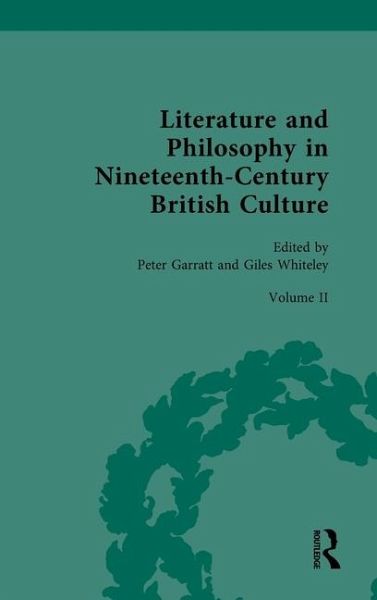
Literature and Philosophy in Nineteenth Century British Culture
Volume II: The Mid-Nineteenth Century
Herausgegeben: Garratt, Peter; Whiteley, Giles
Versandkostenfrei!
Versandfertig in 6-10 Tagen
165,99 €
inkl. MwSt.
Weitere Ausgaben:

PAYBACK Punkte
83 °P sammeln!
This three-volume collection of primary sources examines philosophy and literature in the nineteenth-century Britain. Accompanied by extensive editorial commentary, this collection will be of great interest to students and scholars of British Literature and Philosophy.





